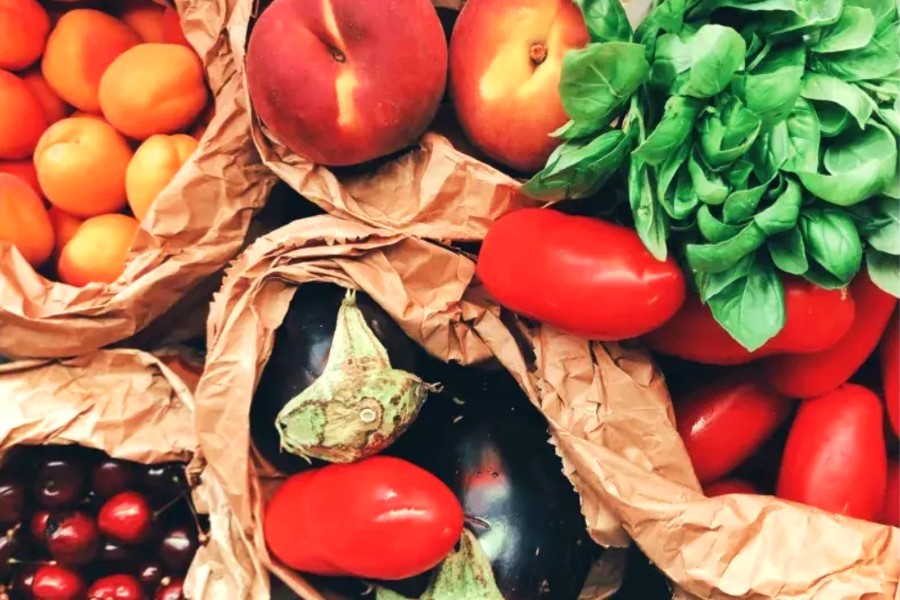
If grocery shoppers think they had it bad during the pandemic while trying to find things like toilet paper and chicken, here come the shortages again.
According to a new report from FoodMarket, the situation is now completely reversed. Supermarkets across the U.S. are supposedly stocking up on staples to keep prices down and protect their profit margins in anticipation of what analysts believe might be the highest prices in years.
Some supermarkets are girding up simply to keep their shelves stocked because of increased consumer demand. Grocery sales in the U.S. for the week ending June 19 rose by about 15% from 2019 and jumped 0.5% from 2020, according to research by Jefferies and NielsenIQ. Associated Wholesale Grocers — the country’s largest grocery wholesaler — recently purchased 15% to 20% more inventory, a lot of it packaged foods that have a longer shelf life.
“We’re buying a lot of everything. Our inventories are up significantly over the same period last year,” said David Smith, the organization’s chief executive officer.
Prices for pork and fruit to rise
When ConsumerAffairs took a look at the latest Consumer Price Index from the U.S. Department of Agriculture (USDA), the two food categories that are forecast to have the biggest price increases are pork and fresh fruits. Dairy products appear to be on the safe side — at least for the rest of the year.
“When producers look at their milk checks, they should be expecting normalcy at least toward the end of this year, which is welcome,” Catherine de Ronde, Agri-Mark’s vice president for economics and legislative affairs, said during a recent webinar.
Stocking up on items while there’s enough product to go around is a good thing short-term, but grocers can only go so far to protect consumers from increased prices.
The report pointed out that General Mills Inc., Campbell Soup Co., and the J.M. Smucker Co. are among the food makers that are increasing prices to offset higher costs of production. Other reports say that Nestle SA, the Swiss maker of KitKat bars, and Unilever, the owner of Dove soap, have raised prices as well.
Consumers should buckle up for the long haul
The trickle-down pressure that manufacturers, growers, meat processors, and grocers are feeling isn’t expected to go away anytime soon. Worker shortages are having an impact on labor and transportation, and companies are finding themselves rolling that ball back uphill while trying to compete on wages to attract and keep employees.
The weather drought in the U.S. Southwest is also causing price havoc because of a perilous reduction in the volume of water coming from snowpack runoff. When water supplies are scarce, farmers and ranchers have little choice but to pay increased premiums to buy supplemental water so they can keep their crops alive.
Then, there’s the price of feed grains. Over the course of the last year, they’ve reached the highest price levels since 2013. When you add all of this up, consumers need to be aware that high prices may last for a while.
“When you have a uniquely inflationary period like now, it’s a feeding frenzy,” said Tony Sarsam, chief executive officer of SpartanNash Co., a Michigan-based retailer and distributor. He also stated that his company is squirreling away somewhere between 20% to 25% more groceries because more than 100 suppliers notified him that they would raise prices reports Consumer Affairs.
Become a Harlem Insider!
By submitting this form, you are consenting to receive marketing emails from: . You can revoke your consent to receive emails at any time by using the SafeUnsubscribe® link, found at the bottom of every email. Emails are serviced by Constant Contact








